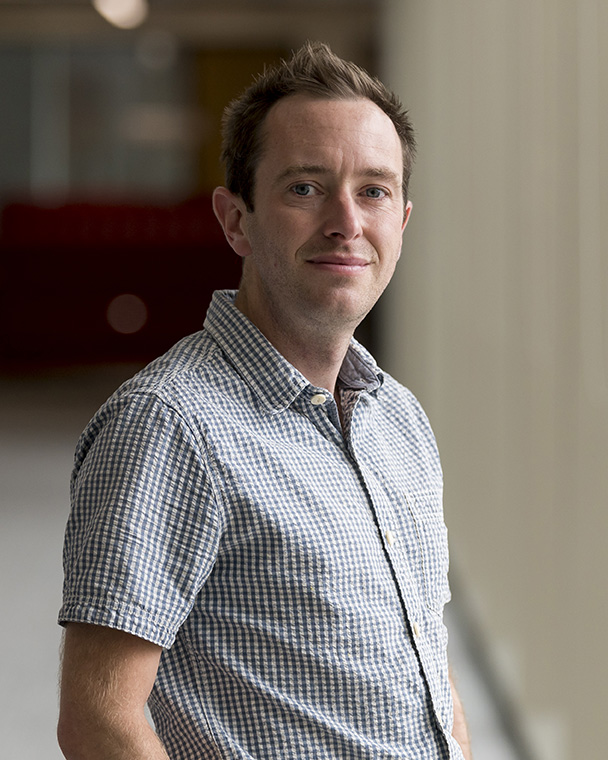| Date: |
Date to be confirmed |
Venue: |
Online
|
| Time: |
12:30 - 13:30
|
| Type: |
Thought leadership |
Fee: |
Free of charge |
Join the mailing list
This event forms part of our series of discussion sessions, convened by Loic Menzies, as part of our project, Mapping the Way to a More Equitable Future for Education. We'll be exploring perspectives on the information policymakers and practitioners need, how we can share that information more effectively, and ultimately how we can tackle the obstacles to educational equity.
How forceful should we be in working our way around the obstacles to equity?
Once we have identified what the obstacles to educational equity are, there are still tough choices to make about how to overcome them.
In some countries, housing is planned to secure a demographic mix in each neighbourhood and parents have no choice but to send their child to the local school. That's one way of pursuing more equitable outcomes but it brings with it a whole set of considerations, both ethical and practical. Meanwhile in England, a government that pledged itself committed to school autonomy still decided to mandate specific approaches to teaching reading and maths.
Schools face parallel dilemmas when deciding how much choice to give pupils over what and how they learn, which qualifications they offer, and what pupil data they choose to collect and share.
At this latest interactive live webinar with Loic Menzies, we will explore some of the tough decisions schools and governments must make when deciding how to pursue educational equity. We will then invite participants to share their own experiences and ideas. To join the conversation, sign up for our next interactive webinar.
You can discover previous discussions and Loic's research on the topic of educational equity through the accompanying series of blogs.
About this series
Advancing equity in education is a major priority for policymakers and practitioners, both in the UK and internationally. It also sits at the heart of Cambridge Assessment Network’s mission to bring high-quality assessment dialogue and practice to the sector.
Loic Menzies, former Chief Executive of The Centre for Education and Youth, and co-editor of Young People on the Margins, working alongside the Network, will be convening a series of round tables with policy experts and education practitioners on the topic of equity in education.
Inviting key voices in the education sector, he will explore themes in relation to how better information - assessment data and beyond - might help policy makers and practitioners steer towards greater educational equity.
He will then share insight from these roundtables with the wider education community through these interactive discussion sessions, where participants will be asked to contribute their own ideas, comments and questions.
The aim is to build an incredibly rich body of thinking, which participants will have played a critical role in helping to develop. We then hope to synthesise this in a short report - or maybe it'll be time to draw that map!
Our speaker

Loic Menzies is a researcher and policy specialist with twenty years' experience in the education and youth sector. He has authored numerous high-profile reports on issues ranging from youth homelessness to teacher recruitment and is editor of "Young People on the Margins: Priorities for action in education and youth" which was published by Routledge in Spring 2021.
Loic was previously Chief Executive of the think and action tank The Centre for Education and Youth and is a former teacher, youth worker and tutor for Canterbury Christ Church University's Faculty of Education. He has also been a school governor and a trustee of a number of youth and social entrepreneurship charities.
He is currently researching and writing his second book 'How Education and Youth Policy Happens' for Routledge and is an Associate Education Specialist for Cambridge Assessment Network; National Director for the Foundation for Education Development; and a Visiting Fellow at the Sheffield Institute of Education.